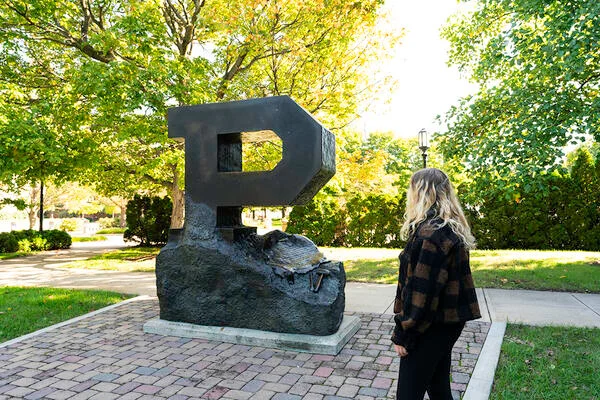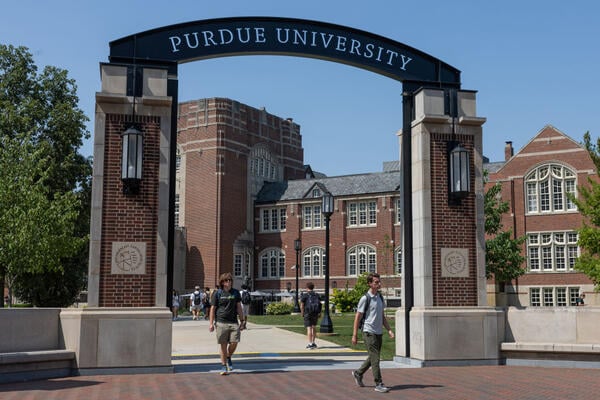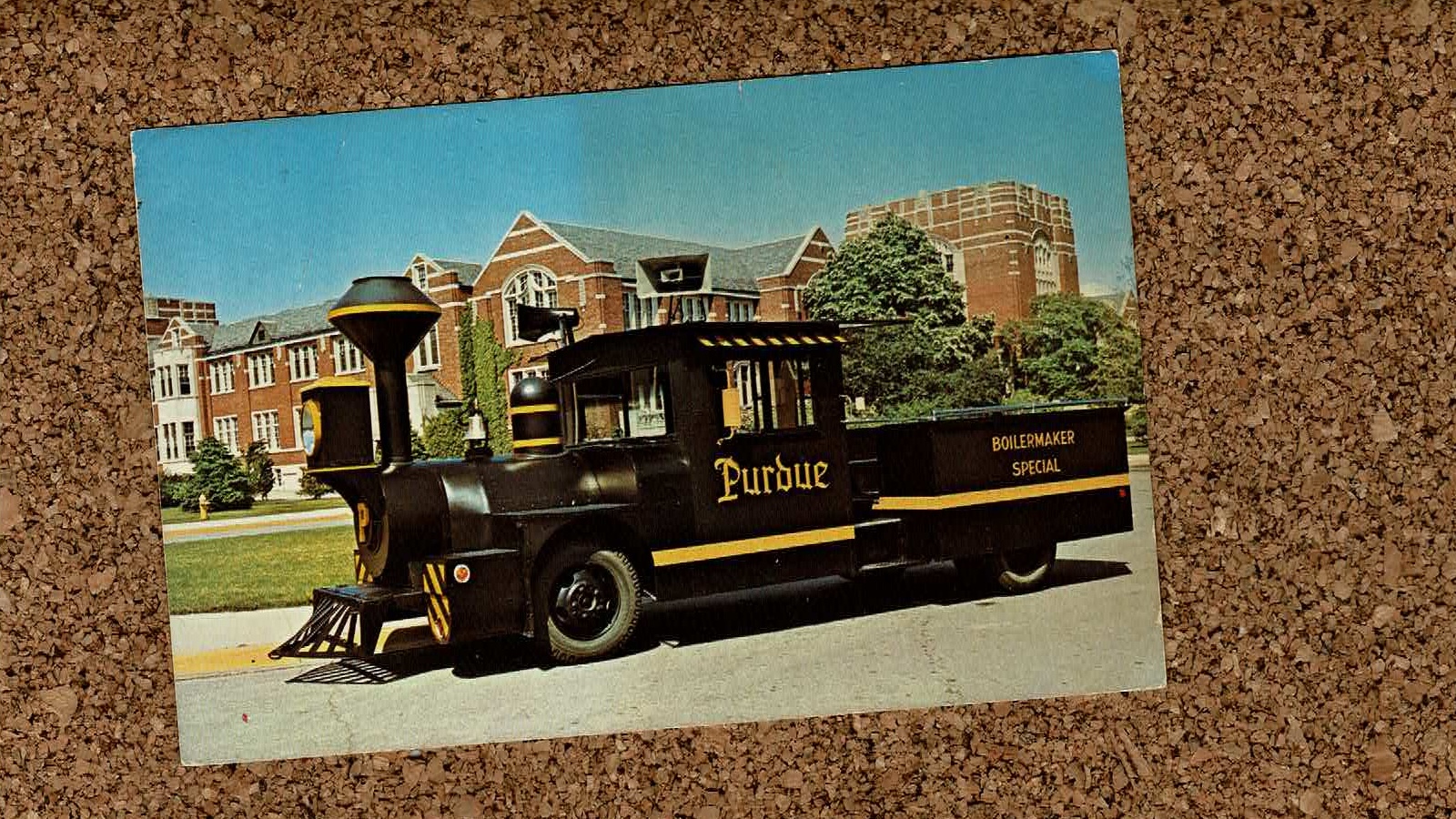Purdue University is allegedly rejecting large numbers of Chinese graduate student applicants.
wanderluster/iStock/Getty Images
Current and prospective Purdue University graduate students say the institution rejected a slew of Chinese applicants from its grad programs for this academic year. Also, one grad student says the university told grad admissions committees in the past couple of months that it’s highly unlikely to accept students from any “adversary nation” for next year.
Faculty were told those countries are China, Cuba, Iran, North Korea, Russia and Venezuela, said Kieran Hilmer, a teaching assistant on the leadership committee of Graduate Rights and Our Wellbeing (GROW), a group trying to unionize Purdue grad workers. That list broadly matches the commerce secretary’s catalog of foreign adversaries.
Hilmer said the university conveyed this prohibition verbally. “They didn’t write any of this down,” he said.
Purdue isn’t commenting on the allegations. The university has faced scrutiny from members of Congress about its ties to China. In May, the Trump administration briefly said it would revoke Chinese students’ visas nationwide. The president has since changed his tune and said he would welcome more students from China.
A Chinese student who wished to remain anonymous because he’s still trying to get into Purdue told Inside Higher Ed he received an offer to be a research assistant last February, meaning his funding was secure to become a Purdue grad student this academic year. But, in April or May, he said, the Office of Graduate Admissions told him that his application was denied.
The redacted two-paragraph letter that he provided to Inside Higher Ed said admission “is competitive and many factors are carefully considered,” but “we are not able to provide specific feedback.”
The student, who said he got his master’s degree in the U.S. and wishes to remain here, said he had already moved to West Lafayette, where Purdue’s flagship campus is, signed a lease and turned down other institutions’ offers. He said the rejection could impact his visa.
“I may get deported,” he said.
He said he learned through social media that at least 100 other Chinese students were similarly rejected.
Purdue spokespeople also didn’t provide a response to the Lafayette Journal & Courier and the Exponent student newspaper when asked about this issue. The Journal & Courier, which first reported the story, cited four faculty members from “a wide range of departments” who wished to remain anonymous for fear of retribution from the university.
Multiple heads of graduate admissions committees didn’t respond to Inside Higher Ed’s requests for comment Thursday; one who answered the phone referred a reporter to the press office, which didn’t respond. Emails sent to Office of Graduate Admissions employees went unanswered.
While Purdue won’t explain what actions it’s taking or why, the U.S. House Select Committee on the Chinese Communist Party said in a September report that it’s been investigating Purdue and five other universities—Stanford and Carnegie Mellon Universities and the Universities of Maryland, Southern California and Illinois at Urbana-Champaign—all year “regarding the presence and research activities of Chinese national students on their campuses.”
Hilmer said Purdue is rejecting Chinese applicants in “a specific attempt to comply with the U.S. Select Committee.” (The committee didn’t comment Thursday on whether it pressured Purdue to go as far as it allegedly has.) But Hilmer also said the “hostility and malice” the university is showing these students goes further than what the committee requested.
“As Purdue said in its response to the House Select Committee, international students are fully vetted by the United States government when they apply for their visas,” Hilmer said. “And, on top of that, in order to work on projects related to national security, they need to get further security clearance. So there’s no reason for Purdue to make this unilateral extralegal decision to ban all of these students.”
He said many of these students were already in the U.S.
“This policy is obviously discriminatory and immoral, and, on top of that, it violates Purdue’s policy on nondiscrimination,” he said. The Chinese student told Inside Higher Ed that he doesn’t accept the committee pressure rationale, because Purdue wasn’t the only university under investigation.
If Purdue is responding to the committee’s pressure, it’s another example of a selective American institution bending to the federal government’s efforts to reduce international enrollment and to particularly target Chinese students and scholars. During President Trump’s first term in office, the Justice Department launched the controversial China Initiative, which investigated faculty ties to China.
Republicans said the initiative sought to counter espionage, but Democrats, education lobbyists and Asian American advocates argued it was ineffective and instead justified racial profiling and discrimination. A study suggested the initiative’s investigations may have caused valuable researchers of Chinese descent to leave the U.S. for China.
Hilmer said Purdue’s rejection of Chinese students will harm its reputation and ability to recruit the best students and workers.
“Even if they’re not international students, they’re going to say, ‘Why would I ever accept an offer from Purdue if there’s no guarantee that it’s actually an offer?’” he said. “Why would they ever feel comfortable accepting an offer from Purdue if they could go anywhere else?”






